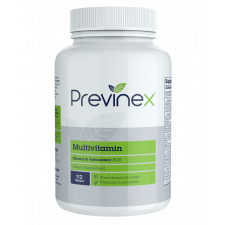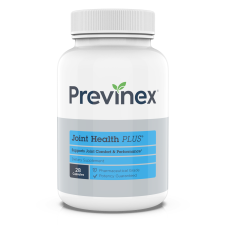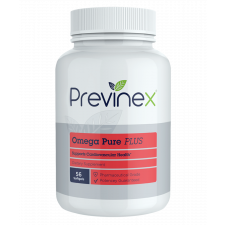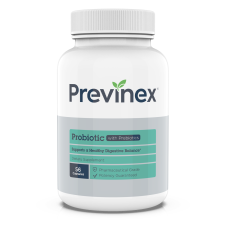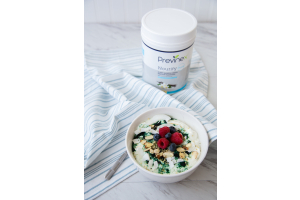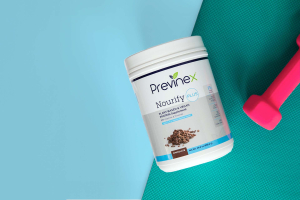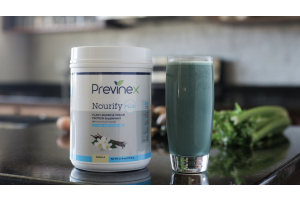
For some of us, running is something we can’t live without—it fuels us, keeps us sharp, and is the best part of our day. For others of us, running brings back horrible memories of middle school P.E. class. Physical activity is good for maintaining optimal health in general, and whether you love it or hate it, running in particular can be a big part of that. Let’s dive into five major benefits of running:
It Improves Cardiovascular Health
Maintaining optimal heart health is important for a long, healthy life, and running can help you do that. Studies show that running on a regular basis can reduce the risk of heart disease by 35-55%. It helps improve blood flow, prevent blood clots, and support healthy blood pressure and cholesterol. Of course, if you’re running as an extreme sport (ultramarathons, triathlons, etc), it’s good to check in with your doctor about your heart health. But generally speaking, if you’re just running on a regular basis as part of your exercise regimen, it can have profound benefits for your heart!
It Reduces Stress
Oftentimes in movies, TV shows, and real life, when someone is feeling stressed, they go for a run. This is because running releases endorphins in the brain—the feel-good chemical. Just as it releases endorphins, it reduces cortisol—the stress hormone. Cortisol causes your blood pressure and heart rate to increase, suppresses your immune system, and raises your blood sugar. Running helps combat these symptoms by reducing the cortisol levels in your brain and body. So quite literally, running helps clear your mind.
It Improves Bone Density
While it may seem counterintuitive, weight-bearing activities are actually good for your bone health. Running is a weight bearing activity in and of itself; instead of dumbbells or cables holding the weight, you are the weight! In fact, according to a few studies, running is just as beneficial for bone density as weight training.
It Can Help You Sleep
Since running can decrease stress—and therefore boost your mood—it can also help you sleep. Running—and exercise in general—can help intensify the SWS stage of sleep (but it’s recommended to finish all exercise at least 2 hours before you hit the pillow). SWS stands for “slow wave sleep”, and it takes place about 10 minutes after you fall asleep. This is when your temperature drops, your heart rate slows, and your breathing stabilizes to help you sleep. So over time, exercising can help you get better, deeper, more consistent sleep!
It Strengthens Your Immune System
As you run, your heart rate increases and so does your blood flow. This increase speeds the circulation of your white blood cells, which can not only help your system detect illness sooner, but can also help your system fight those invaders faster. Also, Vitamin D is a great immune supporter, so if you’re running outside it’s helping your system get those necessary vitamins that help you fight sickness. In addition to increasing your heart rate, running also increases your breathing rate which can help push bacteria and other pathogens out of your lungs. This can help increase your immune function since you then have a lower risk of upper respiratory infections.
Run, Run, Run!
Running has a wide range of benefits, five of which are improved cardiovascular health, reduced stress, improved bone density, improved sleep, and a strengthened immune system. Whether it’s on a treadmill, a track, or outdoors, running is definitely something that should be added to your exercise regimen. So lace up your shoes and hit the pavement.

